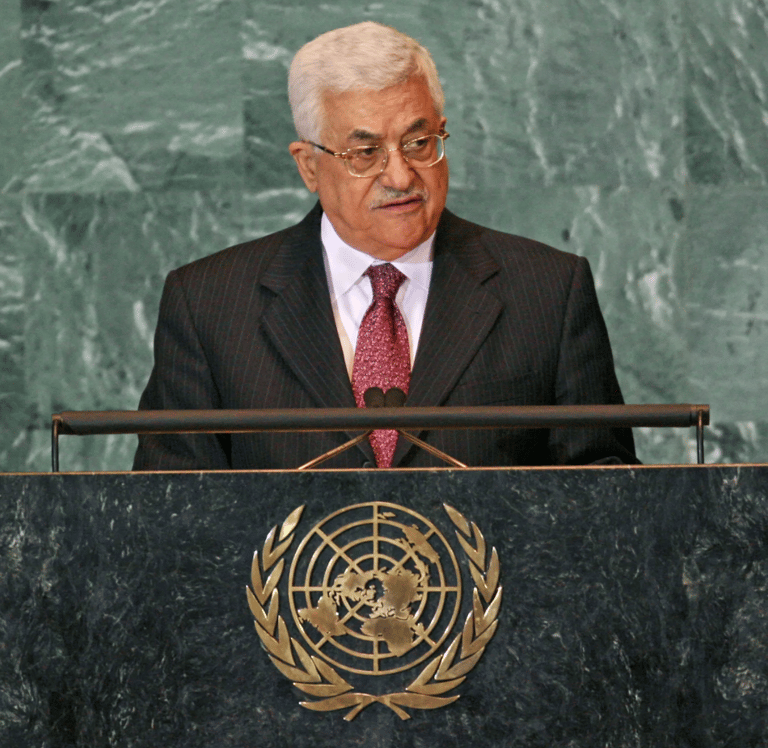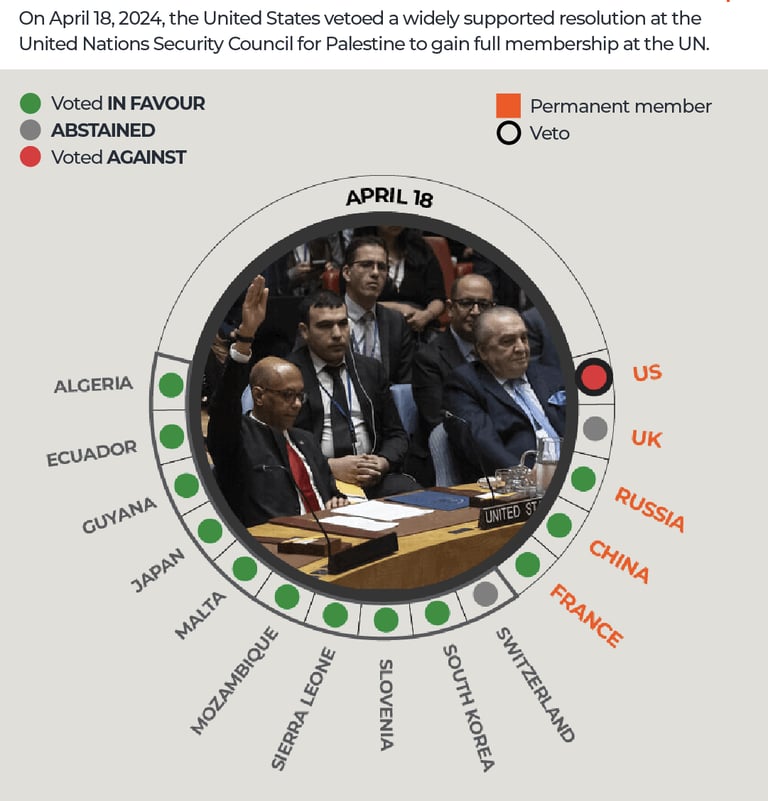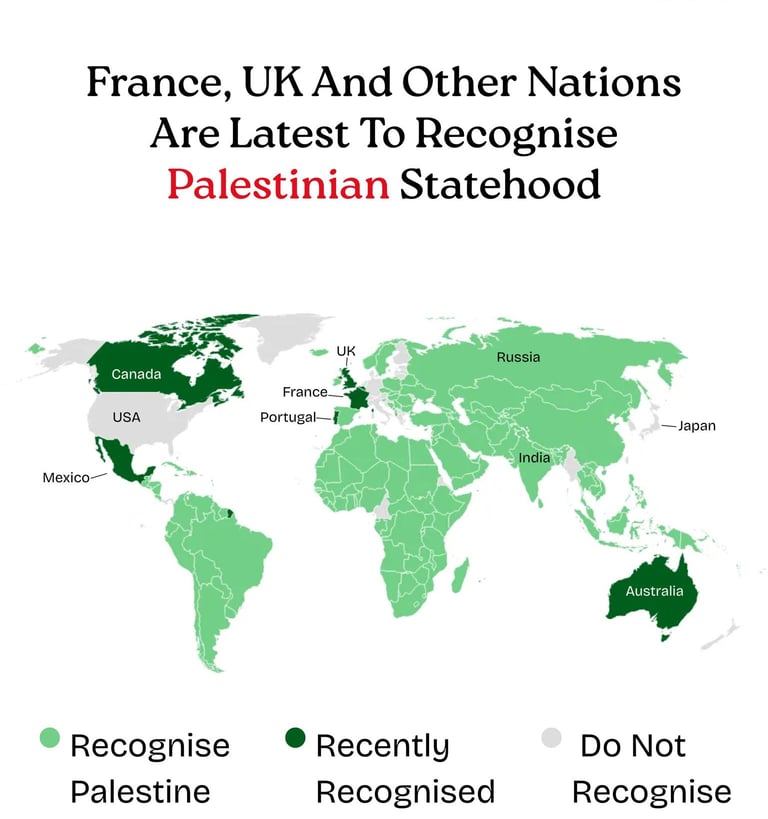Which Countries Recognise Palestine as of 2025?
Recognition of Palestine 2025, list of countries recognising Palestine, countries that support Palestine, Palestine state recognition, who recognises Palestine, Palestine UN recognition.
Admin
9/26/20254 منٹ پڑھیں


Mahmoud AbbasThe president of the Palestinian Authority, Mahmoud Abbas, speaking at the 63rd annual United Nations General Assembly at UN headquarters in New York City, September 26, 2008. britannica.com
Introduction
Since the Palestinian Declaration of Independence in 1988, the world has been divided on the question of recognition. Over the decades, support for Palestinian statehood has grown rapidly, particularly in Asia, Africa, and Latin America.
As of September 2025, more than 157 UN member states (over 80%) officially recognise Palestine as a sovereign state. This includes major countries in Europe, Africa, Asia, the Middle East, and the Americas. The recognition of Palestine is a cornerstone of international diplomacy, human rights advocacy, and the ongoing debate about the two-state solution.
Why Recognition of Palestine Matters
International Legitimacy: Recognition by countries strengthens Palestine’s diplomatic standing in global forums like the UN, ICC, and UNESCO.
Support for Two-State Solution: Recognition is seen as a step toward achieving lasting peace between Israel and Palestine.
Growing Global Consensus: Each new recognition adds diplomatic pressure on states that have not yet recognised Palestine.In the evolving landscape of global diplomacy, the international recognition of Palestine has gained significant momentum in 2025. As of September 27, 2025, 157 UN member states—representing over 81% of the United Nations—have formally recognized the State of Palestine as a sovereign nation. This marks a historic shift toward supporting Palestinian statehood amid ongoing efforts for a two-state solution in the Israeli-Palestinian conflict. If you're searching for the list of countries recognizing Palestine in 2025, this blog breaks it down with key insights, recent updates, and a detailed table of the latest recognitions.
France, Luxembourg, Malta, Monaco, Andorra and Belgium have formally recognised a Palestinian state at the 80th session of the General Assembly (UNGA).
Why Does Palestine Recognition Matter in 2025?
The State of Palestine was proclaimed in 1988, but formal recognitions surged following the Oslo Accords and intensified after the 2023-2025 Gaza conflict. Recognition grants Palestine diplomatic legitimacy, access to international forums, and steps toward UN full membership. In 2025 alone, 11 new countries joined the fold, bringing the total to 157 UN members plus observers like the Holy See (Vatican City).
This wave includes major Western powers, signaling a potential tipping point. For context:
Historical baseline: Over 100 countries recognized Palestine shortly after 1988, mainly from the Global South (Africa, Asia, Latin America).
2024 surge: 8 countries, mostly European and Caribbean, boosted the count to 146.
2025 milestone: 11 additions, focusing on Europe and North America, amid UN General Assembly discussions.
These developments underscore growing calls for peace and self-determination. Now, let's dive into the countries recognizing the Palestinian state in 2025 with specific dates.
Recent Recognitions: The 2024-2025 Wave
While the full list of countries that recognize Palestine spans 157 nations (full details on Wikipedia's International recognition of Palestine page), the most impactful are the recent ones. Below is a comprehensive table of the 19 countries that recognized Palestine since April 2024, including flags, names, and exact recognition dates. This table is optimized for quick reference on Palestine state recognition 2025.


(Al Jazeera)
Recent Recognitions (2024–2025)
Several Western countries that had long resisted recognition have now formally recognised Palestine, marking a turning point in international politics.
France – September 22, 2025
Luxembourg – September 22, 2025
Malta – September 22, 2025
Monaco – September 22, 2025
Belgium – September 22, 2025
Andorra – September 22, 2025
United Kingdom – September 21, 2025
Australia – September 21, 2025
Canada – September 21, 2025
Portugal – September 21, 2025
Mexico – March 20, 2025
Armenia – June 21, 2024
Slovenia – June 4, 2024
Ireland – May 22, 2024
Norway – May 22, 2024
Spain – May 22, 2024
Bahamas – May 8, 2024
Trinidad and Tobago – May 3, 2024
Jamaica – April 24, 2024
These recognitions added momentum among Western democracies, many of which previously avoided taking a stance.


Countries That Do Not Recognise Palestine (as of 2025)
Despite overwhelming support, a few powerful countries still do not officially recognise Palestine:
United States
Israel
Japan
South Korea
Singapore
Some small Pacific island states
Their refusal is generally tied to foreign policy alliances or conditions related to peace negotiations with Israel.
What's Next for Palestine Recognition in 2025 and Beyond?
With 157 recognitions, Palestine edges closer to UN membership, needing Security Council approval. Holdouts like the US, Germany, and Japan cite negotiations, but pressure mounts. Expect more in 2026, potentially from Italy or the Netherlands.
If you're researching countries recognizing Palestine 2025 for advocacy, policy, or curiosity, share this post! What do you think—will the US follow suit? Comment below.
Updated September 27, 2025. For real-time updates, follow UN news.
Conclusion
As of 2025, Palestine has achieved recognition from more than 157 UN member states and the Vatican. This represents a global majority and highlights growing international support for Palestinian sovereignty.
Every new recognition strengthens Palestine’s case in the UN and pressures remaining holdouts to reconsider. The recognition movement not only advances Palestinian statehood but also plays a key role in shaping the future of peace in the Middle East.